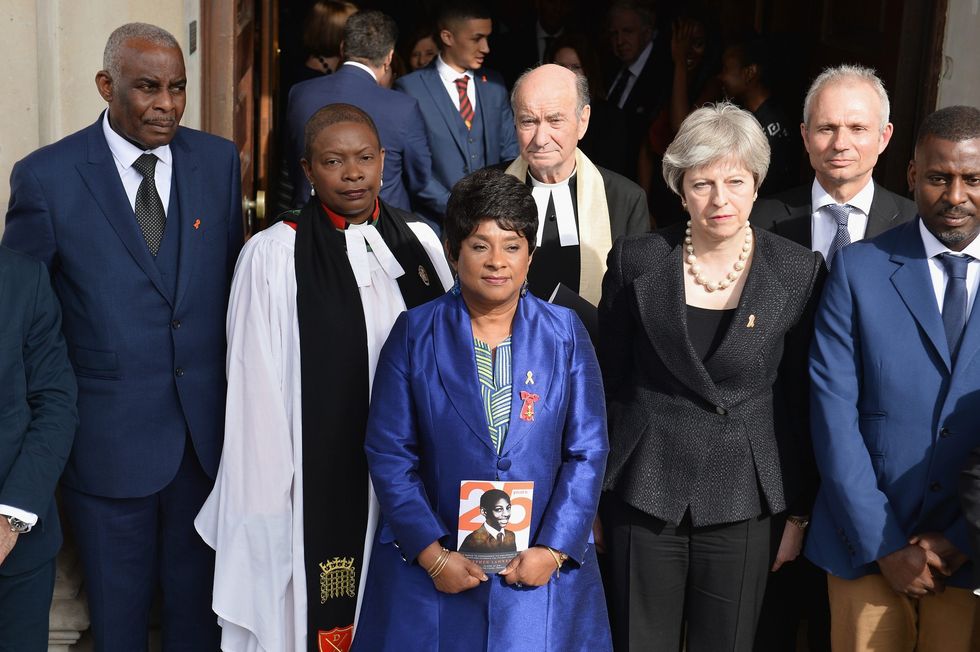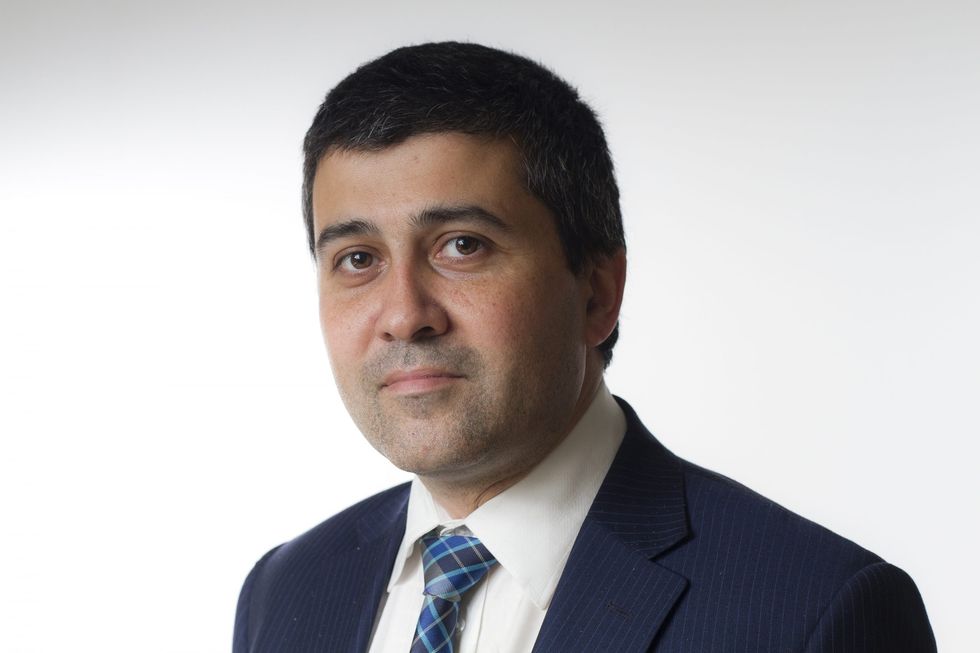IT will be thirty years this weekend since Stephen Lawrence was robbed, by racial hatred, of the life he should have led.
The campaign for justice for Stephen was the news event in my lifetime that most influenced me, alongside the Hillsborough football disaster. We were the same age. He was born British, in Greenwich’s District Hospital in 1974, to parents who came to Britain in the ‘sixties. When the Macpherson report into his murder was published in 1999, I was living on the Well Hall Road in Eltham, yards from the memorial plaque where he had fallen and died six years earlier. It was difficult not to think about him almost every day at that time.
Stephen Lawrence’s story shifted how Britain talked about race at the turn of the century as profoundly as the murder of George Floyd was to do in America a generation later. This was not the first racist murder, not the last. But the tireless campaigning of Doreen and Neville Lawrence made this the moment that opened new eyes, across middle England, to a story that much of black Britain found more wearily familiar.
“Stephen’s name has changed so much”, Doreen Lawrence told Labour leader Keir Starmer during an event to mark the anniversary on Saturday. Laws were changed – enabling two of his killers to be belatedly convicted 19 years later – with new duties on public bodies to promote race equality.

Britain in 1993 was a different country, on matters of race, to the one we live in today. Nobody black or Asian had ever been a UK government minister, however junior. Social progress is never linear. The Casey Review into the Met shows how much more still needs to change in policing. Today, our public life has never been more diverse, nor so polarised.
Is our national media, in the Spring of 2023, really relitigating a retro debate about whether to bring back golliwogs? A pub landlord in Thurrock, Essex – where a fifth of the population is now black - had even strung up his golliwogs, joking on Facebook social media about depicting a lynching. It is the kind of imagery seeks to legitimise as vile ‘banter’ the type of hatred that killed Stephen Lawrence. Yet, so far, after an ill-judged and under-researched intervention from the Home Secretary castigating the police investigation, senior figures across the political parties have said almost nothing about the lynching imagery nor the case for leaving golliwogs to a bygone era. The landlord had also objected vociferously to the government marking the anniversary as Stephen Lawrence Day since 2019.
The racism that killed Stephen was fuelled by the type of territorial hatred of demographic change that has morphed into today’s Great Replacement Theory conspiracies. The far right in the early ‘nineties saw Eltham, Greenwich and nearby Welling – where the now defunct BNP had its national HQ – as the areas where it would draw the line to defend the suburbs and Kent from south London’s encroaching diversity from Lewisham and Woolwich.

It has been important that local civic institutions have been persistent champions of anti-racism and good community relations. The first public sanction against the prime suspects had been Charlton Athletic banning them from watching their local team in 1998. The football club invited Doreen Lawrence to mark this 30th anniversary as part of its annual ‘Red, White and Black Day’, together with the University of Greenwich and the Stephen Lawrence Day foundation. They are introducing Stephen’s story to the next generation, born after the Macpherson report.
Could Stephen Lawrence’s legacy help us to understand how change happens? Politics mattered – but so did unusual alliances. A newly elected Labour government seized the opportunity to make historric change with an inquiry, despite nervousness in Tony Blair’s Downing Street that it might be perceived as anti-police. So the Daily Mail championing the case increased New Labour’s confidence that it could act. The Macpherson inquiry brought the idea of institutional racism to public attention. There was – briefly – a broad consensus about this, but it was harder to sustain once normal political arguments resumed.
Two years ago, the noisy polarising clash over the Sewell report crowded out almost any substantive policy discussion. By contrast, the Inclusive Britain strategy that followed offers a quietly constructive, incremental agenda. Its proposals include tracking progress on health inequalities, how history is taught in schools and changes in policing and justice. It would be good to see the political parties compete over their ambitions for change, though the election build-up will doubtless see more clashes over how we talk about race.
Three decades on, Stephen Lawrence has become an icon of British social history. Despite his untimely death, his legacy has been to show just how much can change in a lifetime. The scale of change in this next generation will require a new infusion of energy and leadership.




Comment: Stephen Lawrence 30 years on - What have we learned?
Despite Stephen Lawrence’s untimely death, his legacy has been to show just how much can change in a lifetime, says the expert